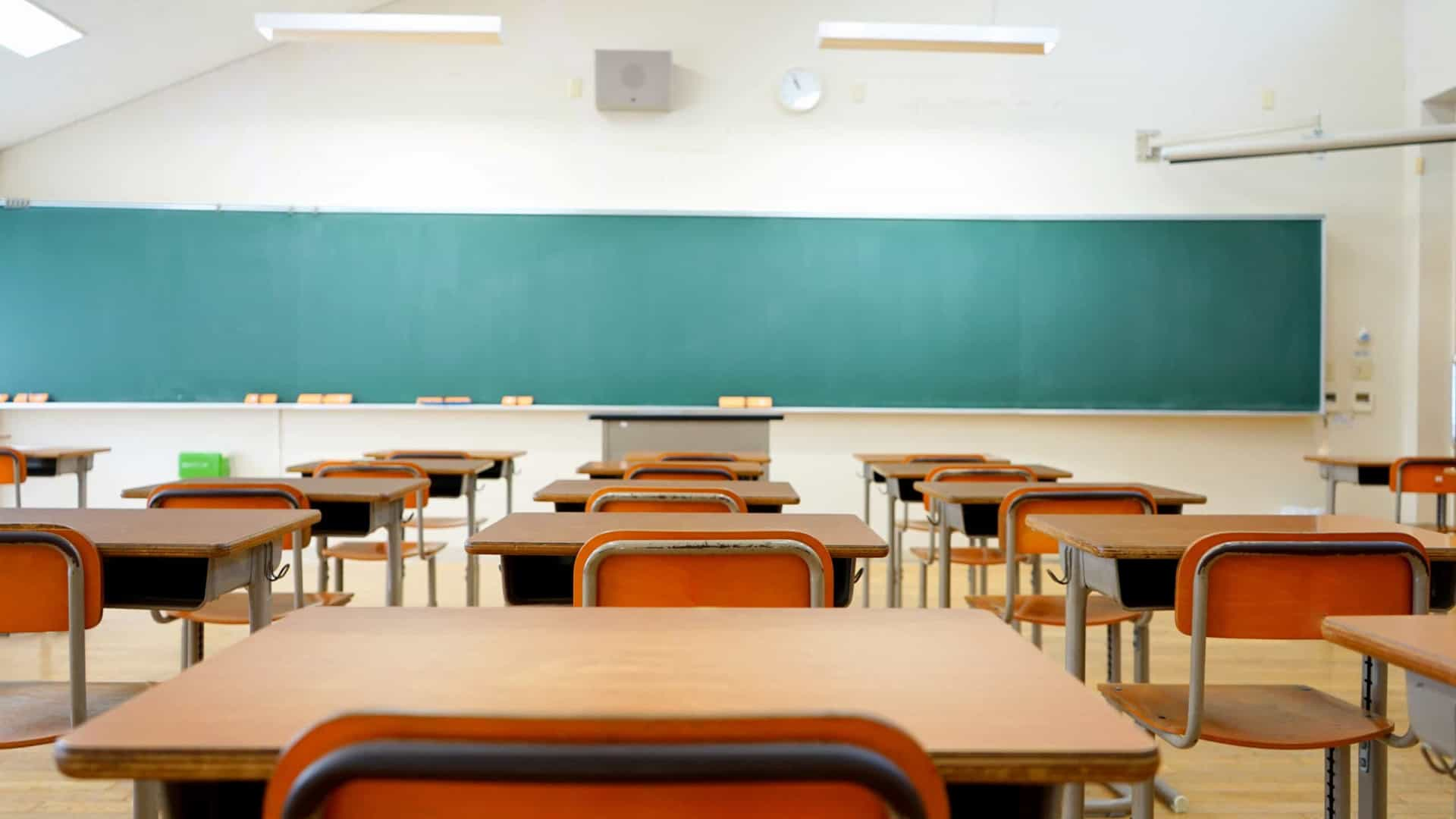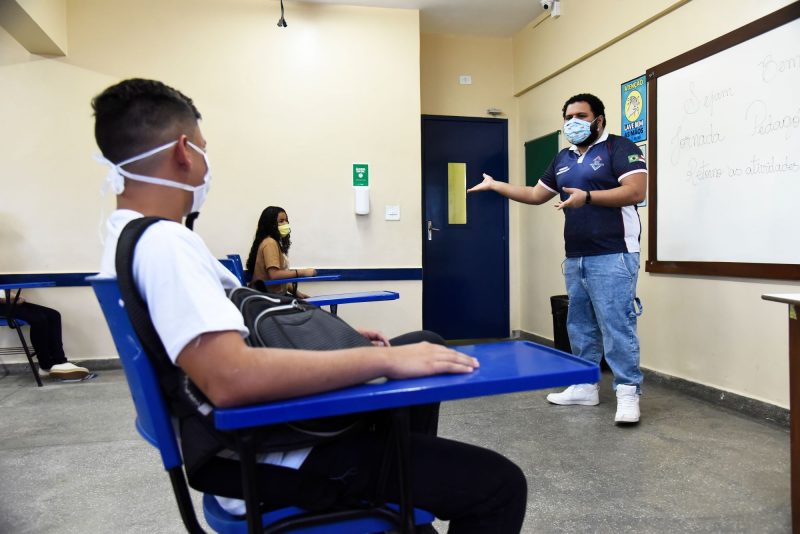RIO DE JANEIRO, BRAZIL – For 79 percent of Brazilians, the reopening of schools in the country will worsen the novel coronavirus pandemic, which is why facilities should remain closed for the next two months, according to a Datafolha survey. The survey also shows that the preference for restarting school activities is not in the majority in any of the populational segments surveyed.
Among respondents, 59 percent said they believe that the restart of in-person classes will make the situation much worse, and another 20 percent believe it will worsen somewhat. Another 18 percent said there will be no impact on the spread of the virus, and three percent said they did not know.
Since June, when 76 percent answered that schools should not reopen, the proportion of Brazilians who argue for the continued closure of schools has fluctuated positively within the error margin, which is two percentage points plus or minus.

Datafolha interviewed 2,065 people across the country by phone on August 11th and 12th, a model that prevents personal contact between researchers and respondents and requires quicker questionnaires.
According to education and health experts, the stability in the share of people who advocate not returning to in-person classes, shows that there is little confidence in pandemic control and in the ability to organize hygiene protocols for students to return safely.
On Monday, August 17th, the country recorded over 108,000 deaths by Covid-19, with a daily average of 1,000 deaths. The Brazilian situation in the pandemic is classified as stable, that is, with a constant number of new cases, but still in significant numbers.
Even in parts of the country where the spread of the disease is decreasing, as in the North, the majority of the population still feels schools should remain closed.
The argument for keeping schools closed is prevalent in all age and income groups and in all social strata researched by Datafolha, including those who consider the Bolsonaro government excellent or good, and those who are leaving home regularly during the pandemic.
However, there is a difference in assessment between genders. While 22 percent of men are in favor of reopening, the figure drops to 17 percent among women.
Among the different types of occupations, workers with no signed work contract are those who proportionally are most in favor of reopening (32 percent), followed by students (31 percent) and entrepreneurs (27 percent).
Another group with more advocates for a return to the classroom are those who claim to be “living normally” during the pandemic (38 percent) and those who evaluate the Bolsonaro government as excellent or good (29 percent).
“The opinions and reflections on the pandemic have been politicized or partisanized in Brazil, and so has the reopening of schools. But in this aspect we still have a greater consensus, which is fear and insecurity, almost widespread, with a return to school,” said Claudia Costin, a former director of education at the World Bank and columnist for Folha newspaper.
Costin said the health authorities’ difficulty in controlling the country’s pandemic is the main factor of insecurity among the population.
“We still haven’t stabilized the number of cases and we haven’t stopped growing, so it’s hasty to announce the return to schools. Even countries that had controlled the pandemic had a second wave of contagion with the return of in-person classes.”
Solomon Ximenes, a UFABC (Federal University of ABC Region) public policy professor, says that in addition to the feeling of insecurity regarding the control of the pandemic, the data also show that the population has little confidence in the conditions for reopening schools. “Despite the protocols announced by the states for the restart of classes, people know the reality of schools.”

Last week, Amazonas became the first state in the country to restart in-person classes in public schools. The return was marked by accusations of non-compliance with the social distancing rules, distribution of masks in a size incompatible with students, and a partial teacher strike.
“Before reopening, we must look at our structure to reorganize the school process. There are many adjustments we will have to make, many new rules to be respected so that it can be said that there is safety for this reopening,” said Luiz Miguel Garcia, president of UNDIME (an organization that includes municipal education officials).
Pediatrician Sandra Vieira, a professor and researcher at the USP School of Medicine, said the reopening of schools means the sector will place a larger number of people in circulation and, consequently, the virus. “It’s not just the children, but the teachers, staff, parents, school transportation and the public. It is the sector that implies the greatest mobilization.”
She also stressed that there is no conclusive study about children and youths being less susceptible to infection and to transmitting the virus, even if they tend to develop lighter symptoms. “We need to consider these issues to prevent an increase in contagion with a return to school.”
All Datafolha professionals worked from home, including the surveyors, who conducted the questionnaires through a remote telephone exchange.
Source: Folhapress

